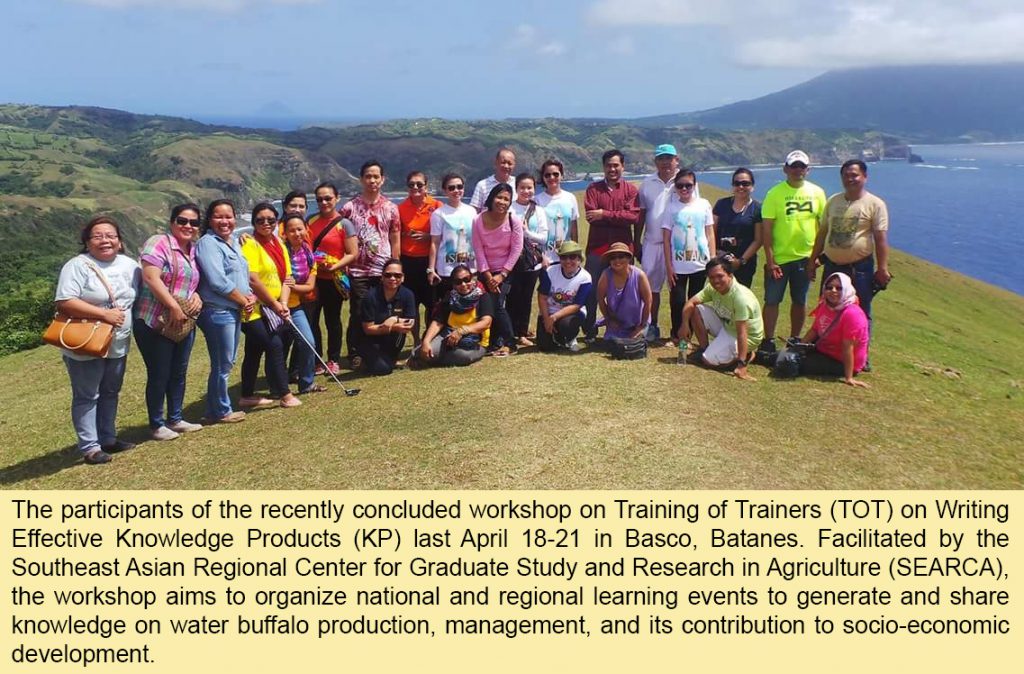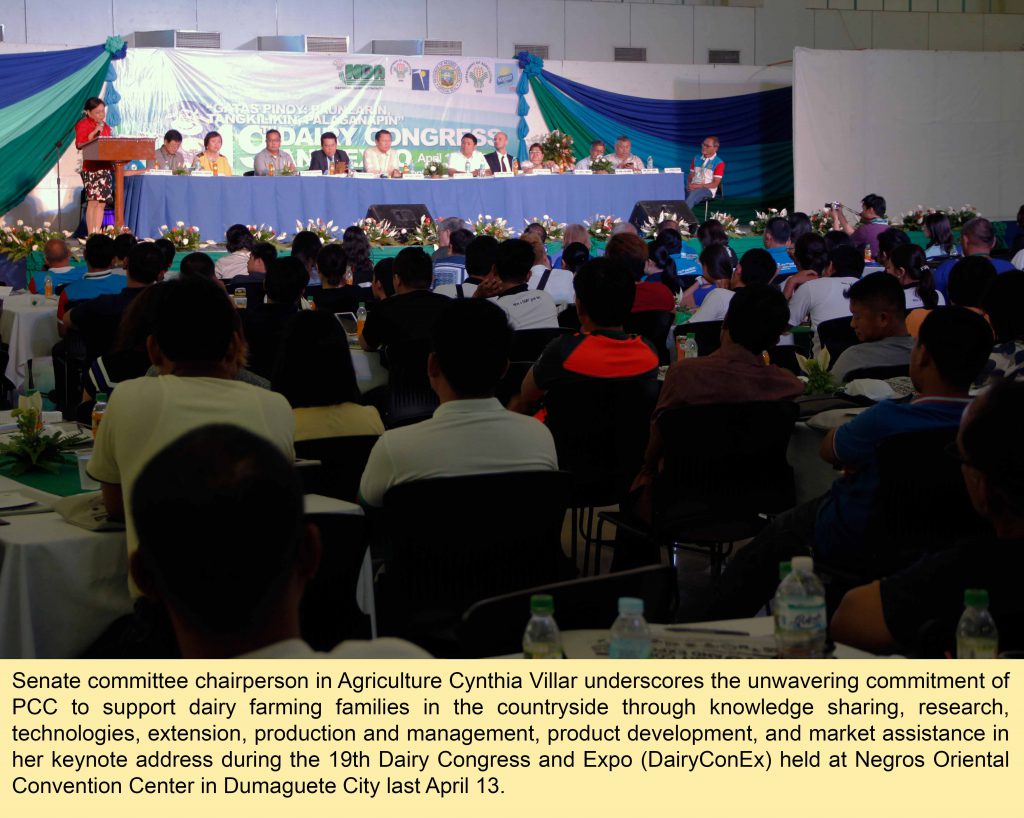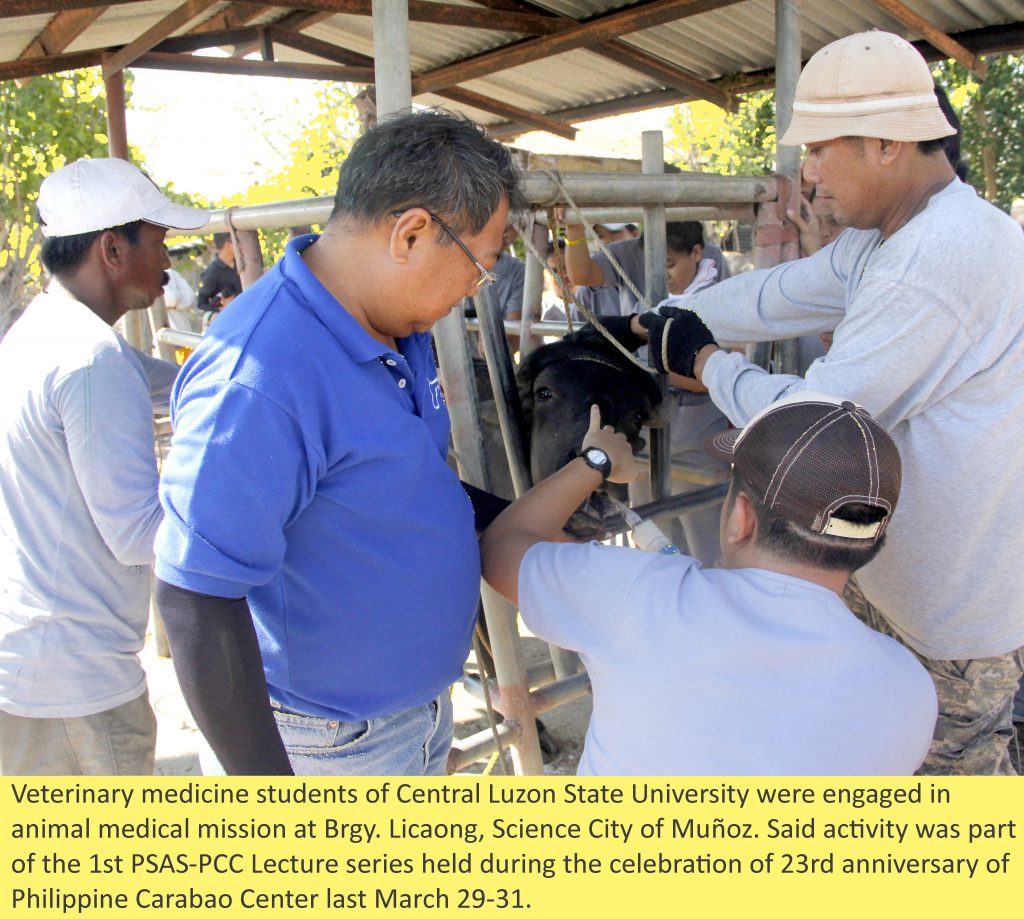Cheese, a highly nutritious and a very palatable food, has been a popular dairy product for centuries. With its countless textures, flavors, and recipes, it is one of the most diverse types of food in the world.
In European countries, such as in Italy, cheese appears at almost every meal. Sometimes, it is incorporated as a garnish or an ingredient in dishes as diverse as pizzas or risottos and is served as a course on its own, or is paired with wine.
Cheesemaking is a method of preserving milk created in various forms. There are over 2,000 varieties of cheese developed over many centuries around the globe.
Italy has become one of the top cheese exporters to other countries. It is not just the variety but the unique taste of its cheeses that stands out for the consumers.
But one need not go as far as Italy, or make imports, to experience the best Italian cheeses. These world-class dairies are made available by La Latteria d’ Ischia, whose plant is based in Bulacan, using one quality ingredient abundantly available in the country – the water buffalo’s milk.
La Latteria d’ Ischia meaning “The Dairy of Ischia” is dedicated to producing the finest quality artisanal cheeses using the traditional cheese-making methods and techniques in Italy.
Artisan cheesemaking refers to the cheeses produced by hand using the traditional craftsmanship of skilled cheesemakers. As a result, the cheeses are often more complex in taste and variety. Many are aged or ripened to achieve certain aesthetics. These qualities contrast with the more mild flavors of mass-produced cheeses in large scale operations often shipped and sold right away.
This cheesemaking business is the result of years of dreaming and planning by cheesemaker and operator Marshall Mays, an American dairy entrepreneur who has lived in Asia for the past 30 years. He first visited the Philippines in 1978 and decided to spend the rest of his time in the country.
He started his career in dairy operations five years ago when he established the Dairy Innovative Partners, Inc. (DIP). It is an affiliate of the Hong Kong-based Pacific Organic Dairy Products.
The DIP is a high-quality Italian dairy company that sells its artisanal products in Metro Manila. It has been expanding its sales to other cities in the country and export markets in Asia. The operations run from managing a herd of dairy buffaloes, buying milk from dairy cooperatives, processing of cheese and yogurt under the brand name La Latteria d’Ischia and distributing these products to restaurants, hotels and export customers.
Premium Italian cheeses
Cheese lovers’ sophisticated taste buds are sure to be delighted with the premium Italian cheeses La Latteria produces. These cheeses have been classified into two kinds, the fresh and aged types.
Among the fresh cheeses are Mozzarella di Buffala, Burrata, Mascarpone Superiore, Primo Sale, Ricotta, Crema Toscana, Scamorza while the aged cheeses are Carabino (Paprika, Herb and Garlic), Caciocavallo, Appia Vecchia, Bufala Blues, Il Meglio Paese and Maronne di Veneto.
“We proudly offer the highest quality cheese possible. The cheeses that we make are all very special. There are only few manufacturers that make cheeses like these. We won’t put anything into the market until it passes our own internal standards. It has to be perfect,” said Mays.
These hand-made cheeses are produced in small batches in a small-scale modern dairy plant established in January 2015 in Guiguinto, Bulacan. The milk it uses in creating the cheeses comes from Eastern Primary Multi Purpose Cooperative (EPMPC) in San Jose City, Nueva Ecija.
Each of the cheeses developed and sold by La Latteria d’ Ischia is described as follows:
The Mozzarella di Buffala is a fresh, succulent and soft textured buttery cheese. It goes well with salad, pasta, calzones, vegetables and various dishes.
The Burrata, meaning “buttery” in Italian, is a mix of mozzarella and cream. When it is cut open, the inside reveals a soft, creamy and buttery center filled with drops of golden whey, called “Goccie d’ Oro” to remind Italians what they are missing from home. It goes well with salads, fresh tomatoes with olive oil and crusty bread.
The Mascarpone Superiore is a smooth, sweet and light cream cheese that goes well in either sweet or savory dishes such as anchovy or a stuffing for grilled fish.
The Primo Sale is a semi-soft crumbly texture cheese blended with strands of fresh arugula greens or basil to create a light bitter contrast that freshens the flavor. It can be eaten as it is or added to fresh salad greens, fresh fruits, soup or melted over bread.
The Ricotta is light and sweet with distinct aroma made with whey that is produced while processing buffalo’s milk.
The Crema Toscana is a fresh soft cheese that is creamy, thick with a sharp blue cheese flavor without the veins.
The Scamorza is a semi-soft white cheese that is firm and has a slightly richer flavor than Mozzarella. It is hung to dry to develop a soft rind. It is commonly used to flavor baking dishes and paired well with Pinot Girgio or Orvieto.
The Carabino, a semi-hard seasoned cheese with a thick rind, is flavored with paprika, garlic and herb to balance out its rich authoritative flavor.
The Caciocavallo, literally translated as horse cheese, is a stretchable cheese that has a sweet and creamy texture, a perfect accompaniment to a glass of light wine and some seasoned bread or crackers.
The Il Meglio Paese is a popular appetizer or cheese used in pizza-making that has a rich, creamy and salty flavor.
The Appia Vecchia is a semi-hard seasoned cheese between Asiago and Fontina. Its nutty and buttery flavor comes from a long salt bath it takes before it is ripened. It can be grated or eaten in slices.
The Maronne di Veneto is a semi-soft seasoned cheese with a thin rind. It has a mild, tangy and fruity flavor that makes it as a best ingredient in salads or as a dressing and goes well when melted in risotto, quinoa or polenta.
The Bufala Blues, is a semi-soft seasoned blue-mold cheese like Gorgonzola. La Latteria’s version is called “Latte Dolce” which is a combined flavor of sweet and bitter. It can be melted over pizza and various pasta, including pasta fagioli.
Tested milk
“The milk collected daily is tested from the source as part of our quality control policy and we set feeding standards with our dairy handlers to produce the best quality milk for our products. Based on the results, we decide what cheese is best suited for it or we reject it for processing,” Mays said.
He said their processing plant maintains a sterile-technique production area and an above-the-standard protocol set by the Food and Drug Administration (FDA).
Apart from helping dairy farmers in Nueva Ecija to produce milk at global standards, the establishment also provides training to rural families by educating them on how to properly produce organic food. It collaborates with the residents of Gawad Kalinga (GK) communities.
“The collaboration with GK is the result of our efforts to help uplift the lives of the rural families. The GK has a big manpower but it lacks production skills and we are providing training with the hope of attaining the desired results,” Mays says.
He said they provide the training on cheesemaking using the techniques from Europe for the making of aged and natural cheeses that uses farm-fresh milk collected by the community.
Related to this, Mays also plans to send a small team of farmers from GK to undergo an on-the-job training in EPMPC to further expose them to actual dairy management and best practices and eventually become the teachers to other members of the community.
On the other hand, a verbal proposal of merging the dairy animals owned by the company to the program of EPMPC is ongoing.
“We believe that working with the local farmers and maintaining animal welfare are top priorities that create fine products and sustainable communities that are models of strong business. Not only are we supporting the local agricultural economies in the country but we are also adding value to the dairy industry and sharing the profits in local communities,” he said.
The growing list of their patrons speaks to their quality and reputation.
“We hope to expand our operation as our sales build up bit by bit. We are planning to put up a second plant up North so we can procure more milk from the countryside. We will also expand to certain places in the Visayas or in Mindanao in five years because there are great opportunities in there,” Mayssaid.



